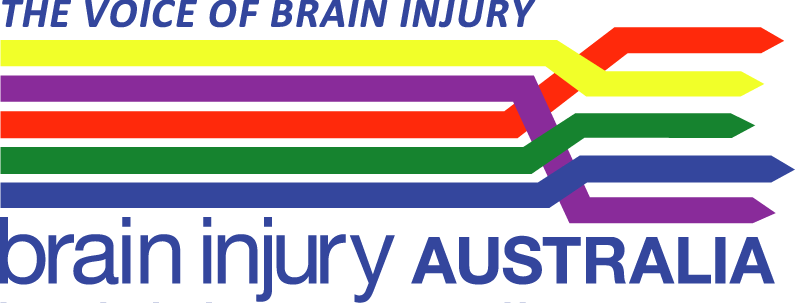- TOOLS FOR WORK
- Introduction
- T1 A person may have an ABI
- T2 Conversation tips
- T3 Looking for indicators of ABI
- T4 Strategies for
cognitive changes - T5 Case managers issues checklist
- T6 Sources of information
- T7 Individual program plan
- T8A Tips for
setting goals - T8B SMAARTER Goals
- T9 Managing and supervising staff
- T10 The disillusionment process
- T11 Preventing stress
- T12 Working with Families: Principles
- T13 Support workers:
WHS & Participant Risk - T14 Professional boundaries
- T15 Principles & Standards
- T16 Essential thriving guide
Tool 7: Individual program plan
An individual program plan could include:
1. Physical/mobility/transport
- Physical abilities, driving ability, public and alternative transport
2. Relationships
- Maintenance of existing relationships, sexuality
- Support to develop new relationships
3. Accommodation
- Pre injury arrangements may not be appropriate so new options need to be explored.
- Includes respite
4. Autonomy
- Goals regarding decision-making
5. Communication
- Speech, non-English-speaking background, phone, reading, writing, computers
6. Living skills
- personal care – showering/shaving/grooming/dressing/eating/hair and nail care
- health – health and medication/substance use/abuse issues
- food preparation
- household chores – washing dishes/vacuuming/bed making/washing and ironing
- money management – budgeting
- time management – organising and keeping appointments
7. Social and personal skills
8. Recreation and leisure
9. Vocational
- education and training
(c) Copyright - See: Module 7. Case management - www.TBIStaffTraining.info

